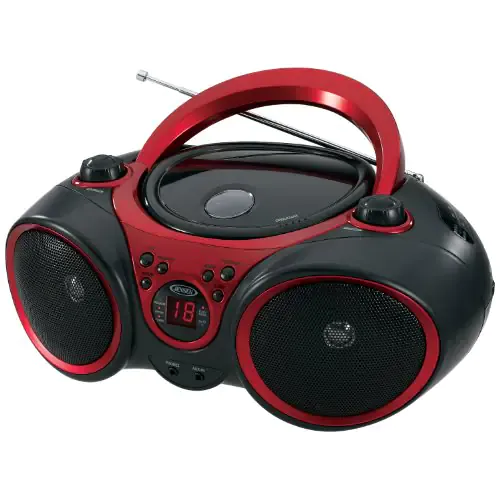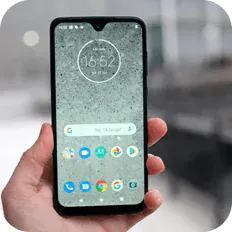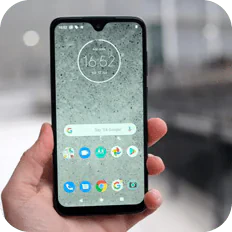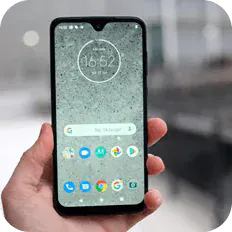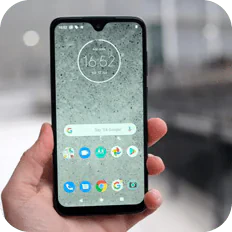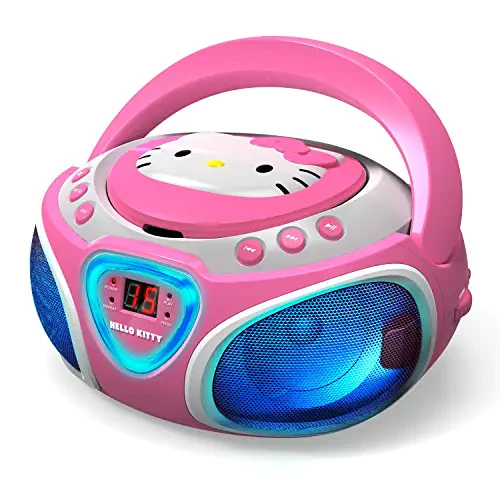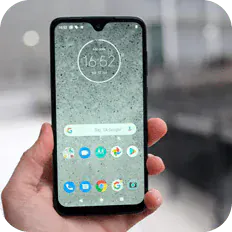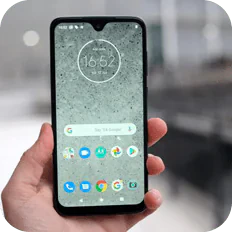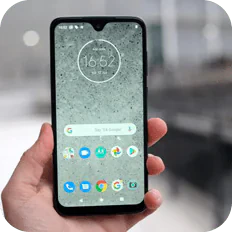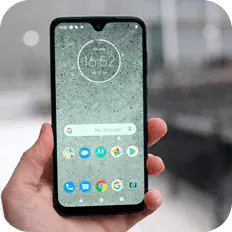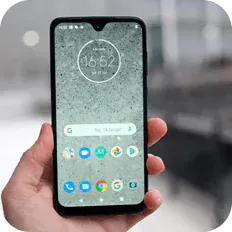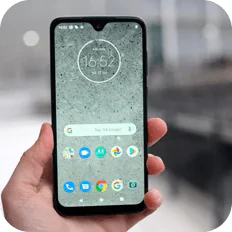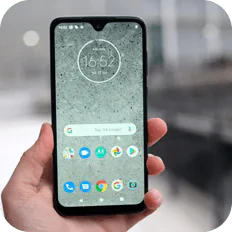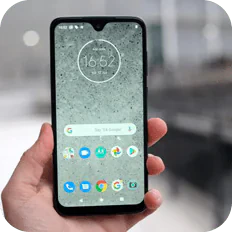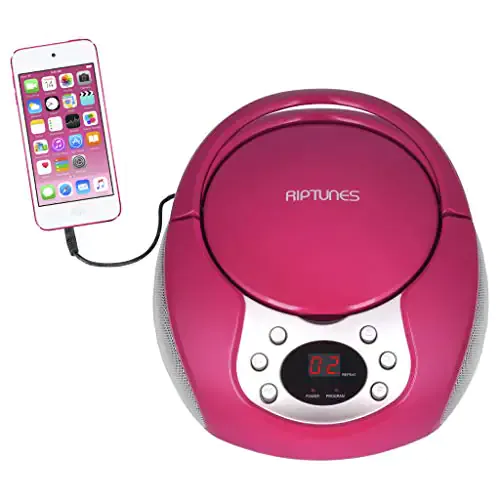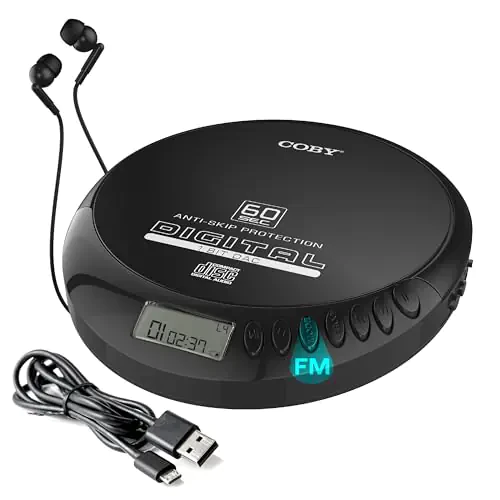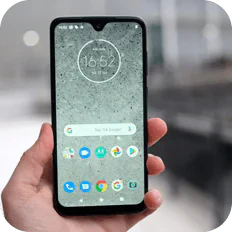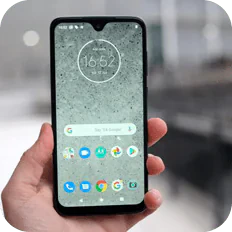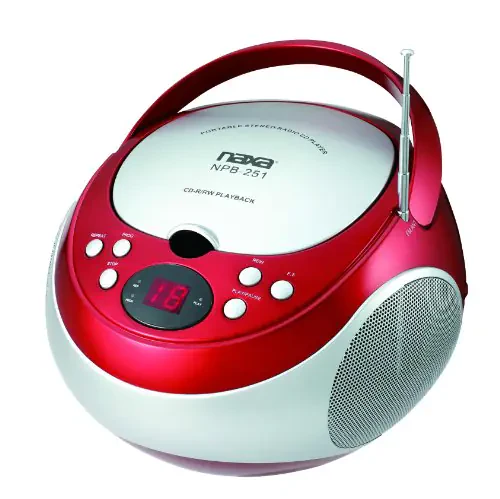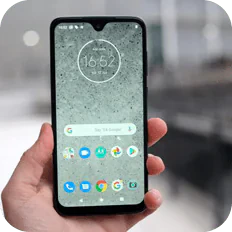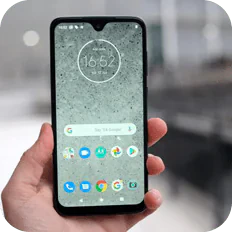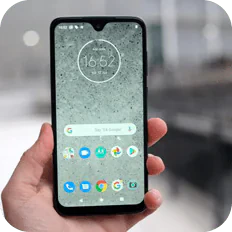Do You Even Need a CD Player for Kids?
Kids love music. CD players have been a great way for kids to listen to what they want, but they are definitely on their way out. With the rise of digital music, MP3 players, and smartphones, CDs are becoming rarer and more cumbersome than they used to be.
So do your kids really need a CD player? Honestly, unless you have a lot of music or audiobooks CDs already, it might be a better idea to spring for a kid-friendly MP3 player. They perform the same function and allow your child to listen to music, but digital media is easier to obtain.
If you’re looking for a way for your child to listen to music for years to come, a CD player isn’t the best choice. The technology becomes more outdated every year, and MP3 or digital music players are probably a better investment.
Quick Tips
In a hurry? Here are the most important things to consider when choosing a CD player for your kids. Stay tuned for more details later on.
- For home use, choose a sing-along karaoke CD player or a boombox style CD player.
- Some of the best features to look for are the ability to play MP3s, CD-Rs, and CD-RWs.
- Look for a theme or color that your child enjoys.
- On the go, choose a portable CD player with anti-skip protection.
- For smaller children, choose durable CD players with big buttons.
- $20-$40 should be your price target, though CD players with more features might be up to $60.
Kids’ CD Player Features & Options
The variety of Kids’ CD Players available means there are a lot of features and options to choose from. Here are some of the basic features that we’ve hand-picked to help you with your choices.
Style
What type of CD Player are you looking for, ultimately? Do you want a boombox-type player to sit on a shelf in your child’s room, or do you want a smaller disc player that they can easily take with them?
- Boombox Style: These CD players are great for home use. They can sit just about anywhere, and most have the option to use an AC Adaptor or batteries for power. While you can take these CD players with you, they tend to be larger and aren’t ideal for long trips due to restricted battery life.
- Portable: In most cases, fully portable CD players aren’t much bigger than a CD disc. They include all the basic functions (play, pause, skip, stop) and run only on batteries. The benefit of this type of CD player is that it’s easy for your child to take with them. It’s great for listening to audiobooks in the car or privately enjoying their favorite music.
- Sing-Along: Sing-along CD players are our most diverse category. Large karaoke CD players are great to use at home, but there are also some sing-along machines that you can take on the go. Sing-along CD players will have one or more microphones attached to allow your child to sing with their favorite songs.
Power Source
The way the CD player receives power should be important to you because it can change how your child will use it.
- AC Adapter: If your child’s CD player only works when it’s plugged into the wall, it’s not going to be very portable. You can move it to other locations in your home, but that’s about it.
- Batteries: CD players that only rely on battery power are extremely portable. Your child can take them on trips, when they go outside to play, and just about anywhere else. The only drawback to battery-powered CD players is that the batteries might run out quickly depending on how much your child uses it. Battery-only CD players usually don’t have speakers either, so your child will have to listen with headphones.
- Both: Fortunately, most of the time you don’t have to choose. Most boombox and sing-along style CD players have an option to plug in an AC adaptor or use batteries on the go. Look for CD players with both if your child might like to have their options open.
Anti-Skip Protection
Anti-skip protection is the technology that allows CDs to keep playing even when the player is being moved around. Sometimes, movement can cause discs to skip and can even cause the CD player to be unable to read the disc temporarily.
For portable CD players especially, this is an important feature. You want your child to be able to play and move around (maybe even dance!) while listening to music. Choosing a CD player with anti-skip protection will allow them to move all they want while the music keeps playing.
MP3 Compatible
While CDs are convenient ways to take your music with you, they are on the way out. MP3s, or digital music, is slowly taking over the space that CDs have occupied for so long. So while getting your child a CD player is a great idea, you might want to choose one that also features MP3 compatibility or has an AUX jack that you can use to connect an MP3-compatible device.
Some CD players have an SD card slot. If you load your MP3 music onto an SD card, you can slide the card into the slot and the CD player will be able to play those songs. On the other hand, an AUX jack allows you to attach your iPhone or another smart device directly to the CD player. This way, you can play your music through the CD player’s speakers.
This compatibility will allow your child to take the CD player you choose with them in the coming years. Especially as we are on the verge of switching entirely from CDs to MP3s, this is an important feature to look for.
Note that if you download audiobooks for your children, they are most likely in MP3 format. This means that you can use the SD card slot or AUX jack with your child’s favorite audiobooks as well!
Headphone Jack
If your child likes to privately enjoy music (or you like having a quiet house), you might want to choose a CD player that comes with a headphone jack. Not all of them do, as surprising as that might be. While all portable CD players come with a headphone jack, some boombox CD players and most sing-along versions don’t.
It’s always nice to have the option to listen to music privately, even if you rarely use it. We would recommend making sure that your CD player comes equipped with a headphone jack before you make your purchase unless you are absolutely sure that you won’t be using it.
CD-R/CD-RW Compatible
Some tech-savvy parents like to record their own CDs for their children. This way, they can control what their child is listening to and pick out the content that doesn’t seem appropriate or sends a message that they don’t like.
They do this by recording digital music from their computer onto a CD-R (blank CD) or a CD-RW (a blank CD you can record over multiple times). While most CD players will read any type of CD, some actually list the CD types they will play.
If you want your child to be able to listen to these recordable CDs, choose a CD player that explicitly states that it is compatible with CD-R and CD-RW formats.
FM Radio
Listening to the radio might be going out of style, but it’s still a great option to have. Some CD players double as an AM/FM radio, though child-specific ones might only have access to the FM radio. If your child enjoys listening along to the radio sometimes, it’s not a bad idea to look for a CD player that can be tuned to the radio as well.
Color/Theme
The colors that the CD player comes in can make a huge difference for kids. Of course, they’re going to want their favorite colors and characters on their new CD Player. Alongside various color options, some players even have a theme (i.e. Frozen or Hello Kitty). Choosing the one your child will like the best is sure to make them happy.
Dimensions
How big is the CD player? Size can vary wildly from one player to the next, but why is it important? The dimensions of the CD player you choose can affect how easy it is to take with you, as well as how easy it is for your child to use.
For smaller children (toddlers and preschoolers), it’s ideal to choose a bigger CD player. Buttons on larger players are usually larger as well, which is important for smaller fingers with limited motor skills. Older children can successfully operate CD players with smaller buttons most of the time.
Consider your portability needs. If your child is always taking the CD player with them, you can’t go wrong with a compact player.
Weight
Weight also plays a large role in how portable a CD player is. No one, especially a preschooler, wants to haul a heavy CD player around on trips. If you know your child is going to want to take their CD player everywhere, choose one that’s a little lighter.
Warranty
It would be heartbreaking for your child to receive a CD player that doesn’t work. A warranty makes sure that you can return the product and get a replacement if it stops working during normal use.
However, we all know that children can be rough with their belongings. Keep in mind that a warranty might not apply to all of the problems your CD player develops. If your player stops working or becomes damaged because of something your child does to it, the warranty will certainly not apply.
How Old Is Your Child?
One of the most important things to take into account when choosing the best CD player for your kids is their age. Each age group has its own needs and abilities. Before you make your final decision, you should determine if the CD player is age-appropriate.
Your toddlers (0-3 years) are a unique case when it comes to age groups. We can even split this category into smaller sub-categories to make it easier to determine which type of CD player you need.
- Is the toddler operating the CD player him/herself? If they are, consider choosing a player with the following features.
- Large buttons. Toddlers have small hands, and most children under the age of 3 are still developing basic motor skills. Choose a CD player with buttons they can easily push.
- Easy to use. Your toddler might have trouble with a CD player that boasts a lot of buttons or dials. You might want to steer clear of CD players that require more than two steps to begin playing the CD. When your child can operate the player on their own, it can help them gain confidence.
- Durability. Toddlers may not have a lot of strength, but any parent with a toddler knows that they can still be destructive. Any CD player that the toddler is going to be handling should be sturdy enough to keep working after being dropped, stepped on, or having things spilled on it.
- Are you going to operate the CD player for your toddler? If you are going to be operating the CD player for your toddler, choose one that can be mounted on the wall or safely placed out of your child’s reach.
By the time your toddler is a preschooler (3-5 years), they have developed better motor skills and probably don’t need as much supervision while operating their CD player. That said, there are still a few things that make a CD player better for a preschooler.
- Theme. By this time, your child knows the characters and colors they want. Allowing them to choose the theme for their CD player can make them feel more attached to it.
- MP3 Compatibility. We’ve already talked about CDs being on their way out. Choosing a CD player that can play MP3s can help you introduce your child to audiobooks, read-along books, and other learning materials that might not be available on a CD.
- CD-R/CD-RW Compatibility. Choosing a CD player that can play recordable CDs can allow you to make special CDs for your child, full of their favorite songs, rhymes, and learning media. If that’s something you are interested in, look for this ability.
School-aged children (5-12 years) are generally more careful with their things and can operate more complex items. While five-year-olds and twelve-year-olds have different needs, they no longer need the special types of CD players that toddlers and preschoolers do.
At this age, you can be the judge for which CD players are age-appropriate, as you know your child best. However, most CD players are going to be perfect for children in this age range.
How Much Should You Spend?
There are a number of factors and features that determine how expensive a CD player is going to be. Some character-licensed players are more expensive because they include certain characters. Some color and style variations can also affect the price.
It’s important to remember that your toddler or preschooler could damage the CD player you purchase, and you’ll have to buy another one. For these younger children, it’s probably not a great idea to spend more than $30-$40 on a CD player.
For older children, the price can only go up. You can find inexpensive portable CD players or large boombox-style players, so the choice is yours. Still, $40 seems to be a wise upper limit, especially since the technology is being phased out.


